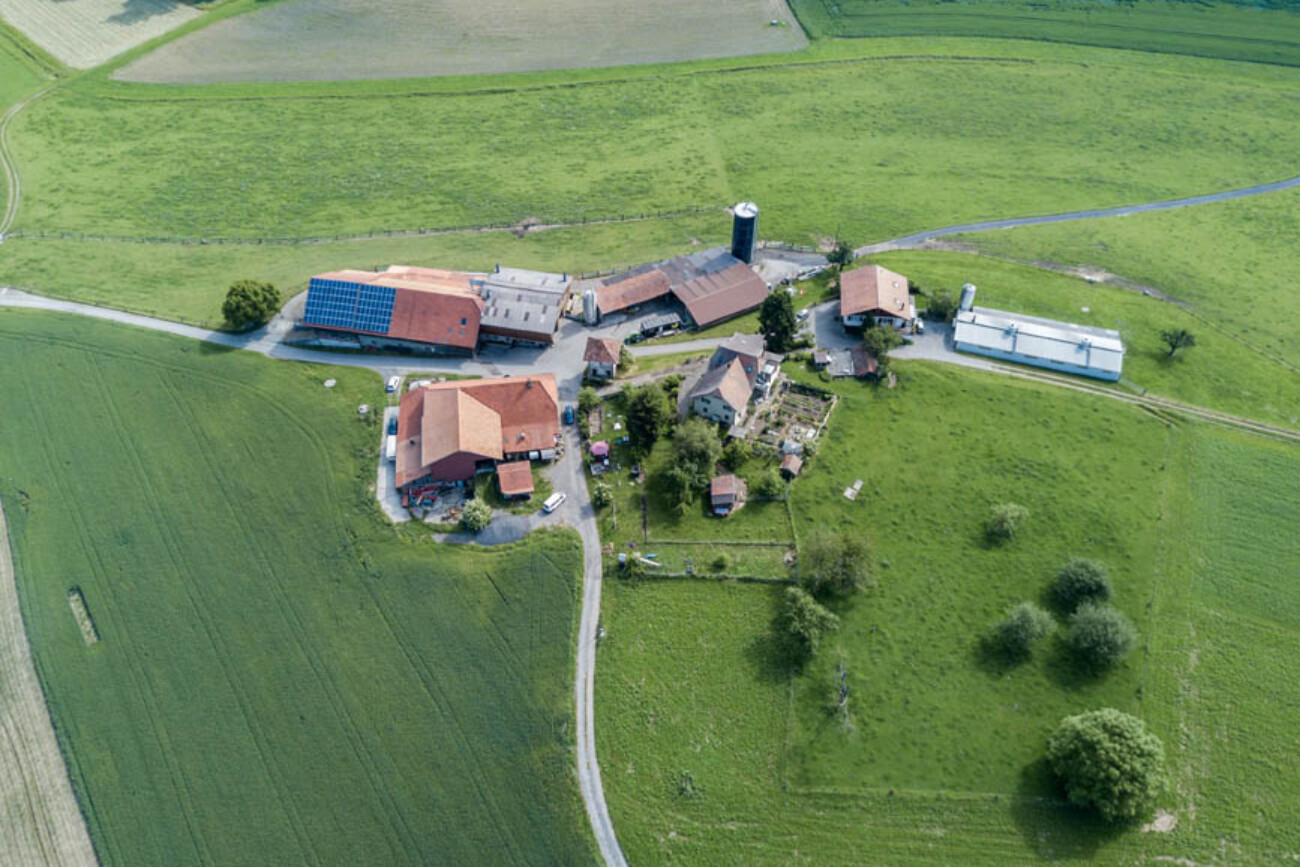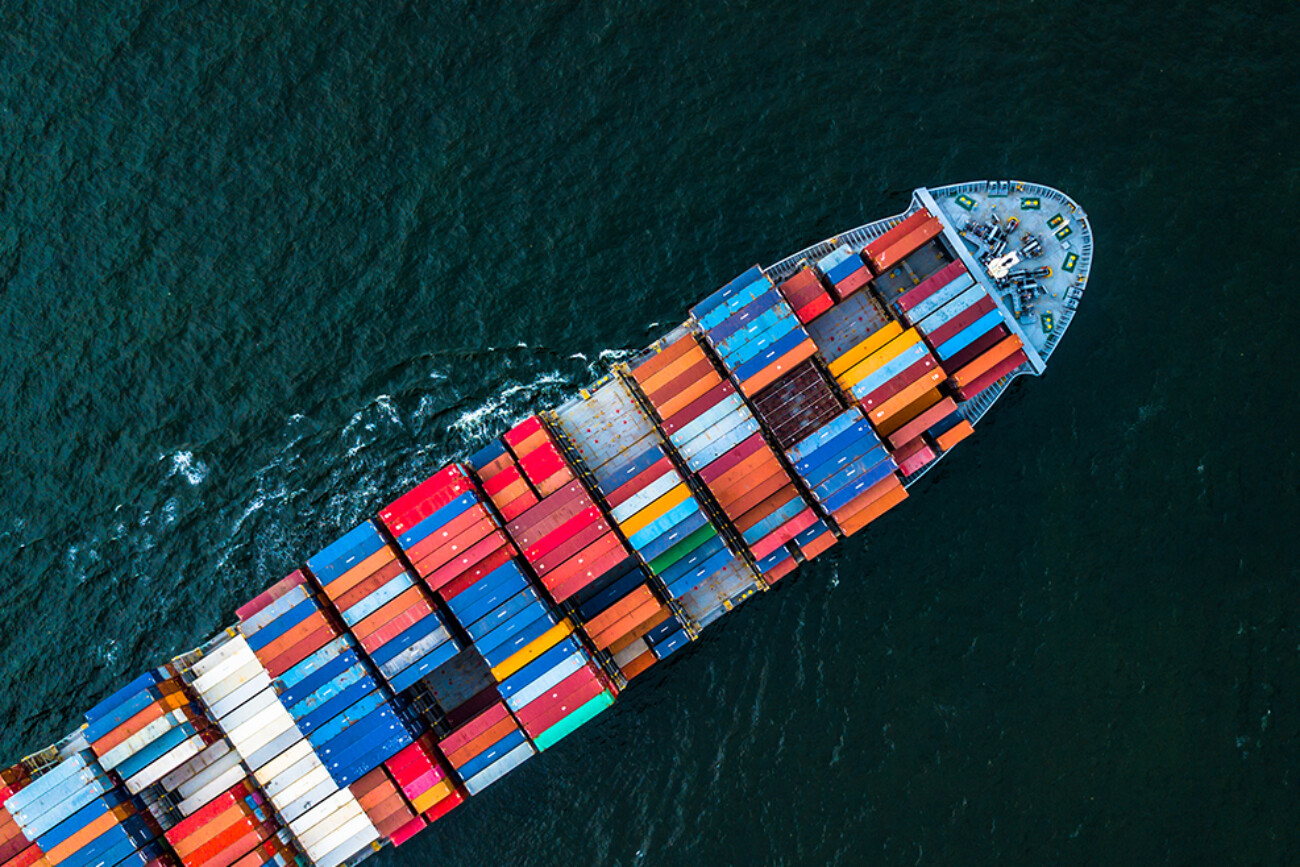Global Macro
Finance and Geopolitics have a tendency to overuse regression as a predictive tool. There are always discernable patterns in any data series, but the past is not always a good informant of the future. The present conditions seem to indicate that we are about to unmoor from regressive thought and create a new reality. The first and soon to be crowded thought is how the US Dollar is slowly but surely devaluing versus other currencies and critically commodities. The world is no longer united behind US leadership and indeed multiple alternative payment nodes are popping up like mushrooms. These are bound to include soft commodities at some point.
The basic tenet of a sound currency is a country’s jurisdiction and the clear and fair interpretation of its laws. It is clear that the exorbitant privilege of the US Dollar has been regularly abused and the straw that is breaking the camel’s back is the badly advised weaponization of Russia’s FX reserves at the Fed. Everyone who might have a beef with US policy is wisely creating alternatives beyond the reach of US Dollar sanctions. This, apparently, also includes close allies like France, Brazil and The Philippines and we don’t need to be regression fans to know a major repricing is coming.
… financing commodity loans is a
secured mitigant to these difficult times …
Afterall, why should the future of Geopolitics even follow their past? Surely the end game of a fixed and biased capitalist system is indeed the balkanization of national borders to be replaced by corporate entities without any national pride but who vacuum all ahead of them in the search for margins and profits? The future power brokers of realpolitik and strength could as easily be JP Morgan or Exxon than the EU. It’s not only possible that future states are networks rather than border driven states, it is essential for those networks who have been successful in forming laws. What real use is Alsace and Lorraine or indeed the Donbass and Crimea if you don’t need their votes to survive and prosper.
Everything is about to change beyond our expectations and its happening in real time. We continue to be confident that financing commodity loans is a secured mitigant to these difficult times because as commodity prices soar, the value of our collateral appreciates and to boot we can offer handsome coupons for those looking for positive carry.
Agricultural Commodities
One may wonder why we continue to keep our eyes firmly peeled and gazing towards Russia, while grains, oilseeds and other agri-commodities continue to move around the globe. The simple answer is delta. The grain “machine”, if you will, is a well-oiled engine serving much of the global population’s calorie intake. While millions of tons may sound like a lot, at any given time the entire supply of grain sitting in inventory across the entire planet does not cover even a half-year’s demand. For example, the stocks-to-use ratio of wheat, that is the current amount of supply relative to annual demand – or “use” – is typically around 20-30%. Therefore, small changes in supply, that is Delta, result in far more impact than one realizes. So, the question we often ask ourselves is, where in the machine is the node that is most fragile, most likely to create Delta? The answer, without a doubt, is Russia, and has been so since early 2022.
In March, many of the big grain companies announced their departure from the domestic Russian market, instead deciding to focus on FOB and CIF deliveries from Russian ports. This means the internal infrastructure across Russia will now be entirely under Russian control. Not that it wasn’t before, but pulling strings will become even easier, while transparency will suffer further. We do not anticipate any immediate effect, as it is a mere swap of operators; however, the grain production supply chain now has an ever-more fragile node. The ability to shift gears and affect grain supply sits firmly in the hands of Putin. Let us not forget that just a few months ago the energy taps were turned off abruptly, and the same can be done with agri-commodities.
Lenin once declared grain the “currency of currencies”.
The Russian affinity for grain and its use in conquest is strong.
Travelling further back in time, Russia has a history of weaponizing commodities and in particular grains, going as far back as Catherine II. Better known as Catherine the Great, she expanded grain production across the empire, borrowed grain from allies on market terms, and employed a system for grain receipts that allowed for exchange, taking the empire as close as it’s ever been to turning Istanbul into Tsargard. In 1791 she planned a new city to aggregate and distribute grains, naming it after the ancient Greek merchant colony of Odessos, but feminizing it to Odessa. Further along in history, Lenin once declared grain the “currency of currencies”. The Russian affinity for grain and its use in conquest is strong. Putin understands this too.
Russia has laid out conditions for renewing the Back Sea grain corridor beyond May 18th, which is the current term of the deal. These include a number of requests that will go towards re-integrating the Russian grain machine into the world economy. Most sit firmly in the Western sphere of influence but opening the Togliatti-Odessa ammonia pipeline is one of the sticking points that is in Ukraine’s court. From a strict food security perspective, letting Russian grain move freely is better for the vast majority of the globe who is uninvolved in the conflict, and uninterested in Western political sway. Nonetheless, the Ukrainians are gearing up for the end of the current deal, and instead bolstering their export channels through the Danube, a waterway that cuts through the very southwestern corner of Ukraine, and quickly moves northwest, splitting Romania and Moldova as it travels across the Balkans and into Europe. We are exceptionally well acquainted with this particular route and have visited ports along it many times. While it is impossible to replace the volume that can move through seaports with barges through a river, there is an opportunistic approach here, whereby basis spreads will widen immensely, and those with access up the Danube will capture that spread for their own profit.
Nord45Partners ©2023


